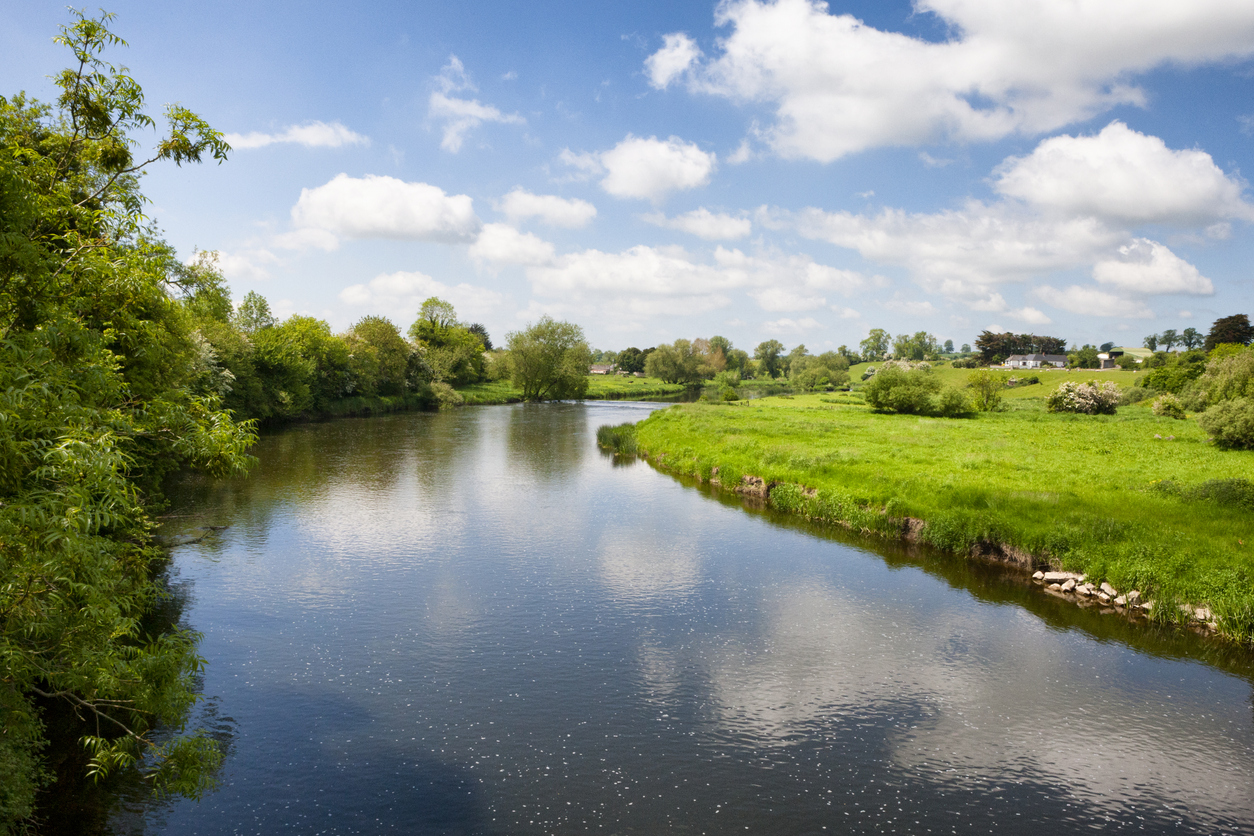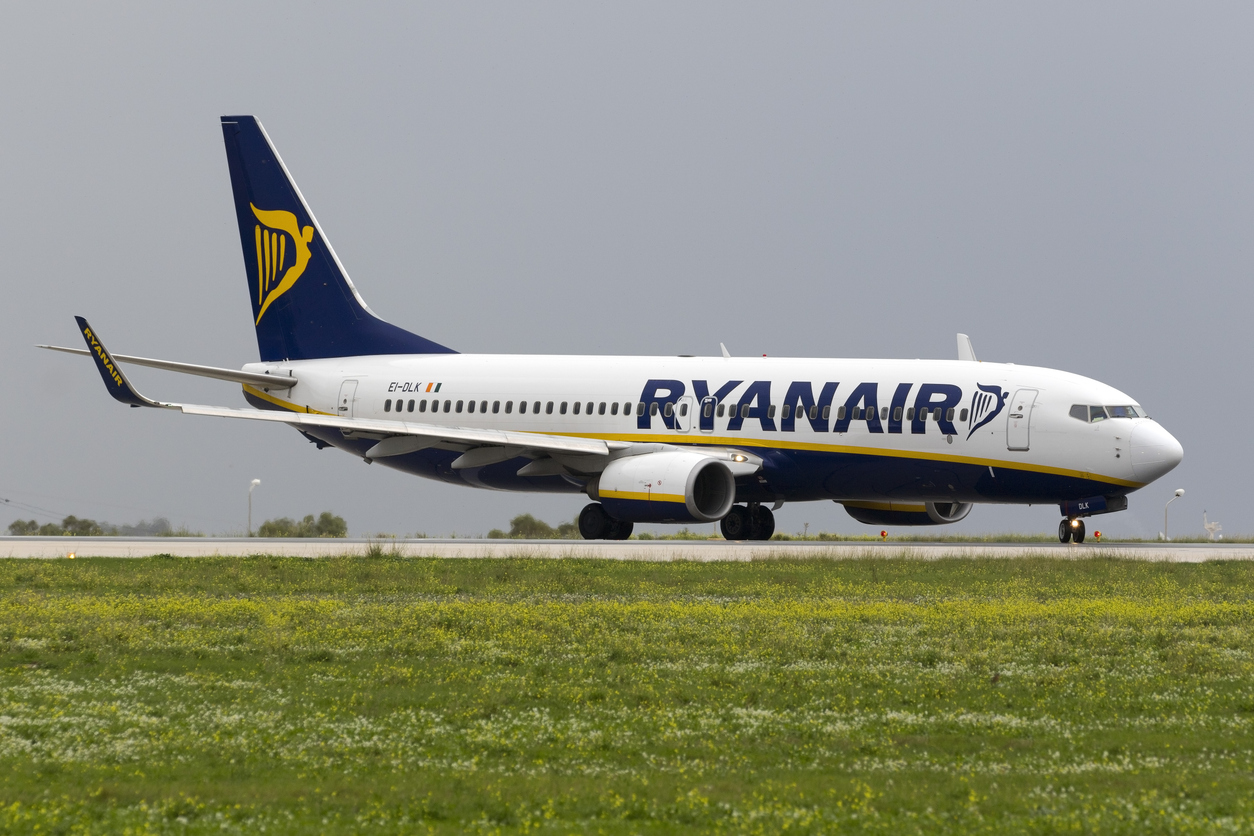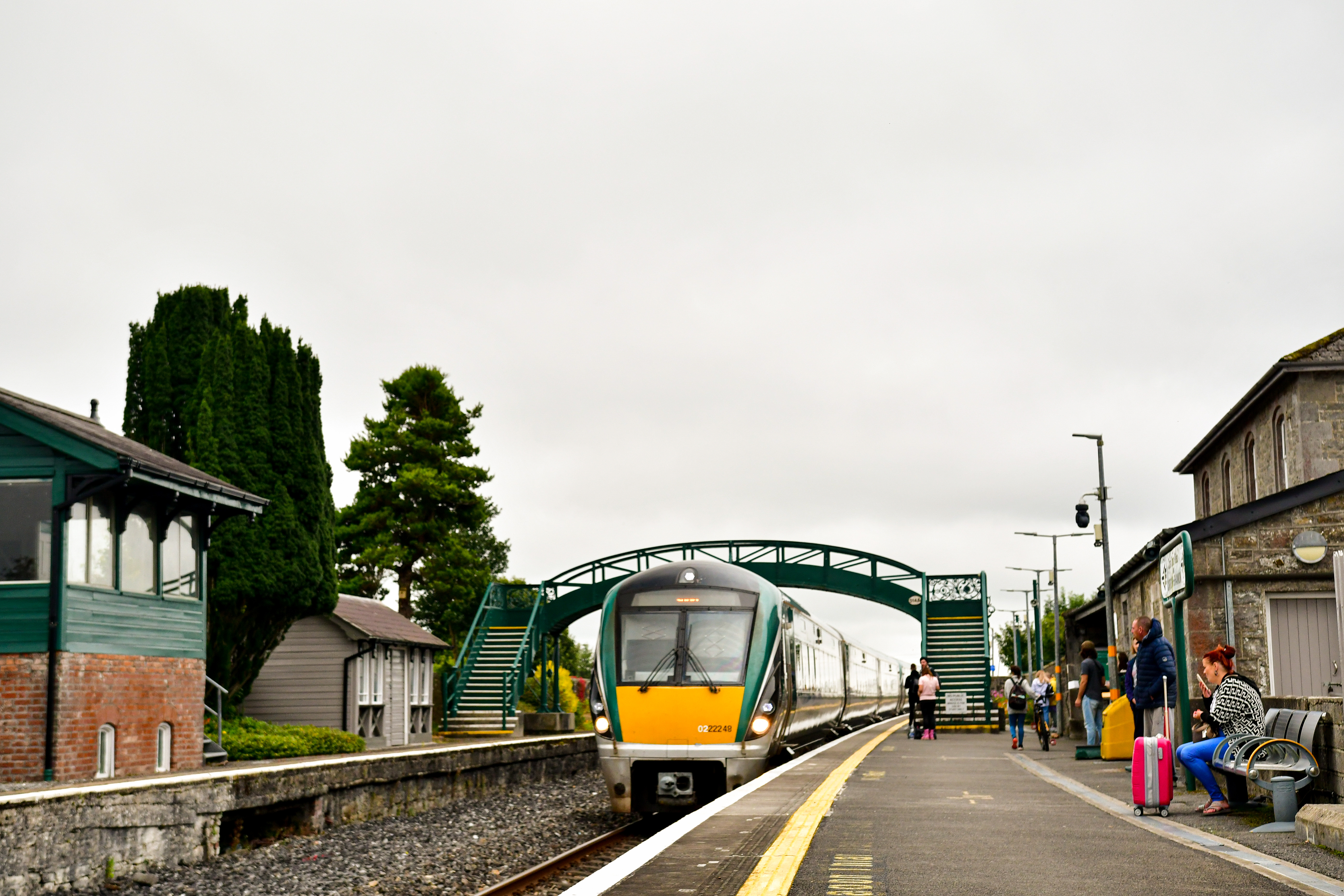
Comparing the Airline and Rail Industries: A Guide for Students
Are you a student trying to weigh out your options, opening countless Google searches trying to compare airline vs rail? As a language exchange school based on the Island of Ireland, we understand that air travel is necessary. So, we’re not here to convince you of all the reasons why you need to fly to our beautiful country. We’ve simply done the homework for you and presented the facts clearly so you can make more informed decisions.
Whether you’re traveling to our beautiful Emerald Isle or exploring new destinations, this guide will provide all the information you need.
Why Airlines Are Essential for Ireland
As an island nation, we rely heavily on airline transport for our international students. Flights are crucial for connecting our students with language exchange opportunities abroad and bringing international students to our school.
Choosing the Right Mode of Transport
When planning your travels, you should consider the following:
• Destination: For international travel, especially to and from Ireland, airlines are typically the best option.
• Budget: Flights can be expensive, so planning and booking in advance will help you stay within your budget.
• Experience: For a comfortable and scenic trip within Ireland or nearby regions, consider taking the bus or train.

The Airline Industry: Taking to the Skies
Speed and Efficiency
When it comes to long distance travel nothing beats the speed of air travel. For international trips airplanes are unrivalled. Here’s the pros and cons we came up with:
Pros:
• Global Connectivity: Vast network of flights connecting Ireland with the world
• Speed: Ideal for long-distance travel.
• Frequency: Multiple daily flights to major destinations all over the world.
• Services and Amenities: Enhance the travel experience with in-flight entertainment and meals
Cons:
• Cost: Can involve high costs, especially last-minutebookings.
• Environmental Impact: Higher carbon footprint
• Comfort: Limited space and freedom to move around.
• Accessibility: Airports often located outside city centers, requiring additional transport.
Economic impact
Pros:
• Tourism Boost: Airlines majorly enhance tourism which is a vital component of Ireland’s economy.
• Job Creation: The airline industry creates a wide range of jobs, from airport staff to flight crews etc.
Cons:
• Economic Sensitivity: Economic downturns have massive impact on the airline industry, affecting job stability and tourism revenue.
• Disparities: Economic benefits may be concentrated around major airports, potentially neglecting rural areas.
Technological advances
Pros:
• Sustainable Aviation Fuels (SAFs): Investment in SAFs helps reduce carbon emissions and promotes environmental sustainability.
• Modern Aircraft: New fuel-efficient aircraft reduce environmental impact and operating costs.
Cons:
• High Implementation Costs: The introduction of SAFs and modern aircraft requires significant financial investment. This could lead to potentially leading to higher ticket prices.
• Slow Adoption: Regulatory hurdles and financial constraints can slow the transition to sustainable technologies

The Rail Industry: A Scenic Journey
Comfort and Convenience
Trains can offer a comfortable and scenic alternative for shorter trips and regional travel. Picture yourself traveling through the stunning Irish countryside on a train, with spacious seats and the freedom to move around.
Pros:
• Comfort: More legroom and the ability to walk around.
• Environmental Impact: Lower carbon emissions.
• Cost: Generally, more affordable for short to medium distances.
• Accessibility: Centrally located train stations.
• Scenic Travel: Enjoy picturesque landscapes.
Cons:
• Speed: Slower than air travel for long distances.
• Reach: Limited international connectivity.
• Infrastructure: Dependent on well-maintained networks.
• Frequency: Fewer options for less popular routes.
• Delays: Potential for track maintenance delays.
Environmental Impact
Pros:
• Lower Carbon Emissions: Trains produce significantly fewer carbon emissions compared to airplanes.
• Noise Pollution: Trains generally create less noise pollution, contributing to a quieter environment.
• Electric Trains: Use of electric trains further reduces environmental impact.
Cons:
• Energy Source Dependency: Environmental benefits depend on the energy source; diesel trains are less eco-friendly.
• Land Use: Building and maintaining rail networks can disrupt natural habitats.
Technological Advances
Pros:
• High-Speed Rail: Innovations in high-speed rail reduce travel time, making trains more competitive with air travel.
• Smart Ticketing: Modern ticketing systems improve convenience and efficiency for passengers.
• Green Technologies: Adoption of eco-friendly technologies, such as regenerative braking, enhances sustainability.
Cons:
• High Initial Costs: Implementing new technologies and upgrading infrastructure can be expensive.
• Upgrade Challenges: Integrating new technologies with existing rail systems can be complex and time-consuming.
• Variable Adoption Rates: Technological advancements may be unevenly adopted across different regions, affecting overall efficiency and experience.
Both airlines and trains offer unique advantages and challenges that you need to understand. Whether you’re jetting off for your language exchange or exploring the scenic beauty of Ireland by train, this guide will help you navigate your journey with ease so that you can make the best decision for you.
LXI Disclaimer: Carbon Offset Program in Thomastown
Starting September 1, 2024, Language Xchange Ireland (LXI) will reimburse schools for the cost of their Airline Carbon Offset program. This initiative encourages clients to consider carbon-neutral travel and sustainability, while neutralizing the additional cost for schools. EU schools can benefit from this ‘Green Travel’ option within the Erasmus Plus Grant arrangement. To participate, schools book their flights, purchase the Carbon Offset from the airline, and send proof to the LXI office. The Carbon Offset Airline Fee will then be reimbursed in the final invoice for the program in Ireland with LXI. This effort supports the local environment and helps offset everyone’s carbon footprint.
'Carbon neutral = carbon cost neutral!'
If you would like to hear more about our thoughts on sustainability click HERE to see our sustainability news feed!